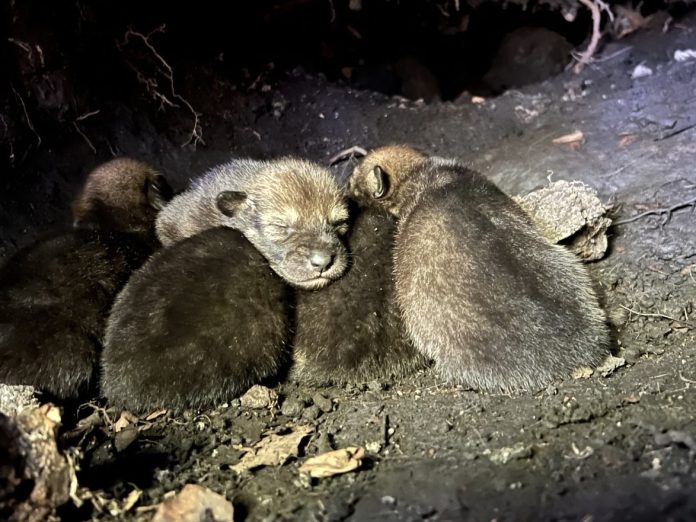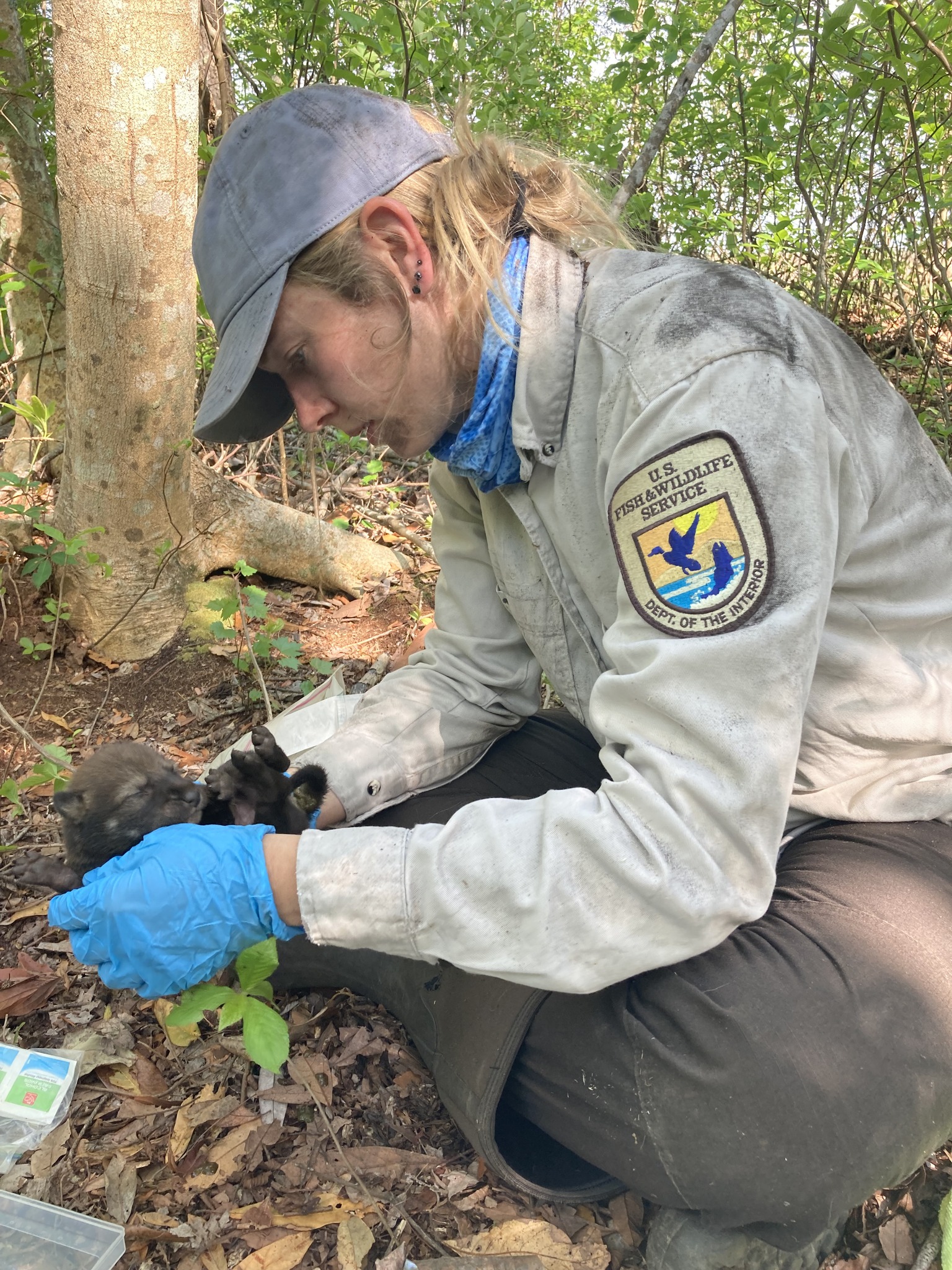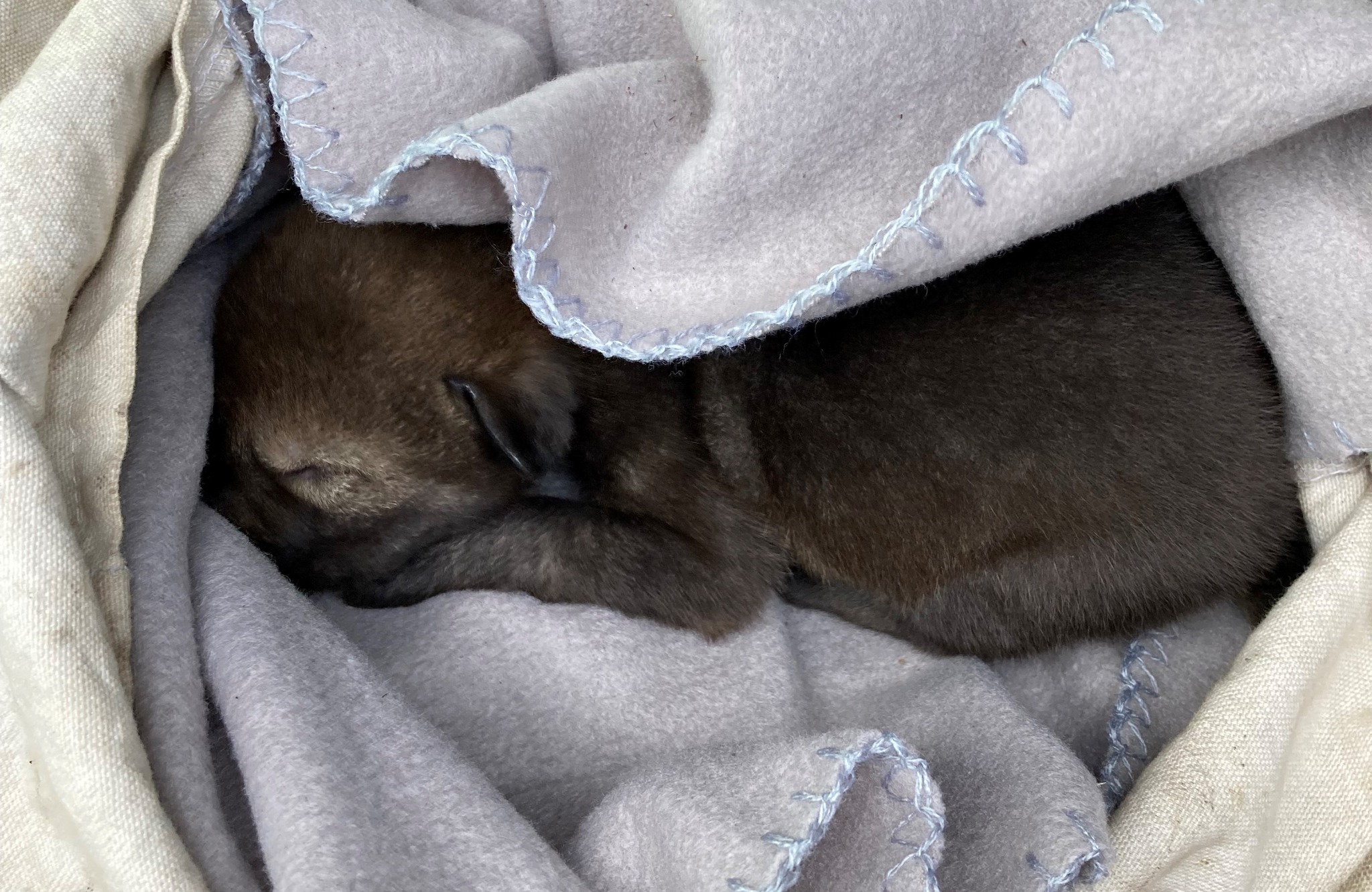
A New Litter Of Endangered Red Wolf Pups Has Been Born In The Wild In North Carolina
By Lauren Lewis
You can help all animals and our planet by choosing compassion on your plate and in your glass. #GoVeg
RELATED ARTICLES
Victory! Great Britain Has Finally Banned The Live Export Of Farm Animals
The Animal Welfare (Livestock Exports) Bill, that will ban farmed animals from being exported from Great Britain for slaughter, has passed its final stage...
Judge Dismisses Felony Charges Against UC Berkeley Student Who Rescued Four Chickens From A Slaughterhouse
A Sonoma County judge dismissed multiple felony charges against UC Berkeley student Zoe Rosenberg, 21, who is being prosecuted for rescuing four chickens from...
The Most Endangered Species On Earth & The Race To Help Save Them From Extinction
The world is facing a crisis in biodiversity as a growing number of species are facing extinction. Among them, some are particularly at-risk of...
Popular stories
News
New Lawsuit Launched Against The U.S. Fish & Wildlife Service For Failure To Develop National Gray Wolf Recovery Plan
The Center for Biological Diversity notified the U.S. Fish and Wildlife Service by letter today that it intends to sue over the agency’s failure...
News
Hope Is Still Alive As 1,500+ Animals Have Been Rescued In Turkey Since The Devastating Earthquake
More than three weeks after the deadly earthquake in Turkey, the animal rescue team from Humane Society International (HSI) is still finding dogs and...
News
Los Angeles City Council Votes Unanimously For A Citywide Ban On Rodeos; Pressure Is Still Needed For A Final Vote
A step in the right direction for California as the Los Angeles City Council voted unanimously in favor of a rodeo ban ordinance to...




